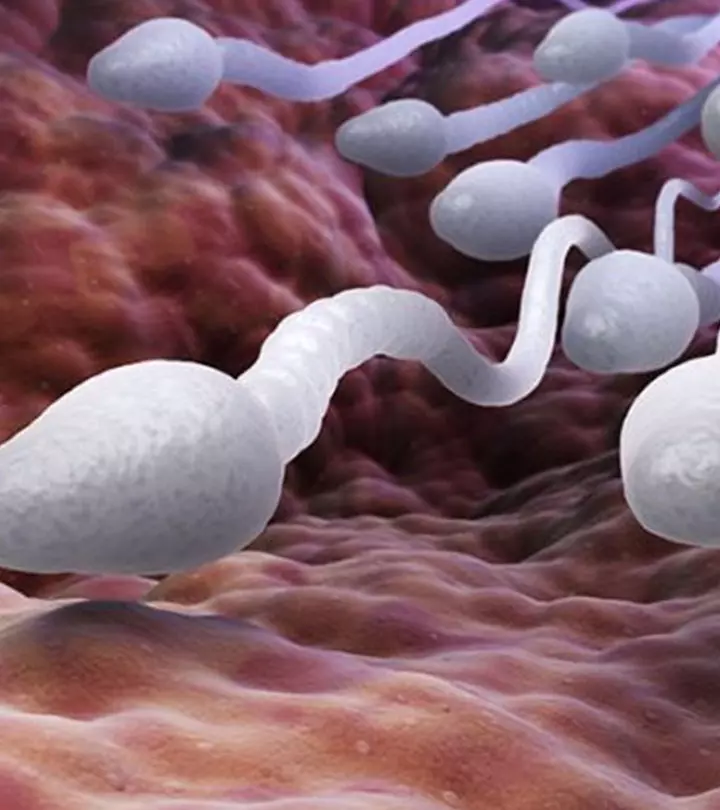

Image: Shutterstock
Remember that F.R.I.E.N.D.S episode where Ross finds out he is the father of Rachel’s baby, and both he and Joey panic when they realize that condoms are only 98% safe?
While a lot of pop culture has been dedicated to terming some sperms as studs or strong swimmers and others as duds or fighting a hostile environment, there has been little or no research dedicated to understanding why certain sperms thrive in the foreign receptacle- a female’s body and why some don’t.
Need to understand the sperm
Too often infertility cases appear to be treated as mutually exclusive or pointing the finger at one partner after analyzing both their reproductive functions and systems. However, the danger of a falsely conclusive inference persists in this scenario.
Logical thinking would demand that we try and study sperm to understand why they do what they do. However, according to Scott Pitnick – a biologist at the Syracuse University in the US, not much has been studied. Pitnick has been studying sperms for over two decades now and says that they have an “unbelievably unique biology”(1).
We bet you haven’t thought about this trivia – sperms are the only human cells which travel from one body to another body (foreign environment). Imagine the anatomical changes they must go through in the process!
Chemicals affect male fertility
As can be believed, chemicals such as phthalates and a certain protein named PRC1 can cause infertility in men. PRC acts in consortium with other environmental factors to either suppress or activate fertility in men. In recent times there have been many studies which have shown that exposure to chemicals such as parabens and phthalates – most often found in our beauty products – can cause endocrine disruption in women. Given the widespread presence of such chemicals in our everyday consumption, it is safe to assume that each one of us is definitely exposed to these, but the impact of their presence in our anatomies differs from person to person.
Environmental health scientist Richard Pilsner at the University of Massachusetts in Amherst found that the presence of phthalates in urine samples of men do indicate changes to their fertility functions. In a study of 48 adult men, Pilsner and his team observed the urinal presence of phthalates do trigger epigenetic reprogramming during the sperm’s journey in the reproduction cycle (2).
No level playing ground for men and women
Although studies like these do help understand the equal contribution of men and women in their success or failure to conceive, it does not level the playing field in terms of hormonal options to boost fertility in men. Women are advised to go on the pill or try other hormonal remedies to help get pregnant, societal attitudes towards oral contraceptives for men are still conservative and unchanging. However, even if societal attitudes do change, it appears unlikely that a male contraceptive pill would be possible given the differences in hormone metabolism between men and women.
Hormonal injections for men have been tested, but the reported side effects – including depression and acne – offset the effectiveness of the injection. Another breakthrough option includes scientists discovering that by binding specific chemical compounds that would work with catsper – a molecule only found in the sperm and no other human cell – sperms could be prevented from impregnating. However, this is still a long way off from being developed into an oral contraceptive for men.
And once again, the playing field seems unequal given that women also suffer from the side effects of different contraceptives but appear to be bearing the onus of carrying on for a long time to come. It appears then that the only way to level the playing field would be to understand how the sperm functions, and work to hamper it’s functioning. That could prove to be the most effective way of dealing with the male psychology of not suffering unintended consequences but also contributing to prevent conception.
Community Experiences
Join the conversation and become a part of our nurturing community! Share your stories, experiences, and insights to connect with fellow parents.












